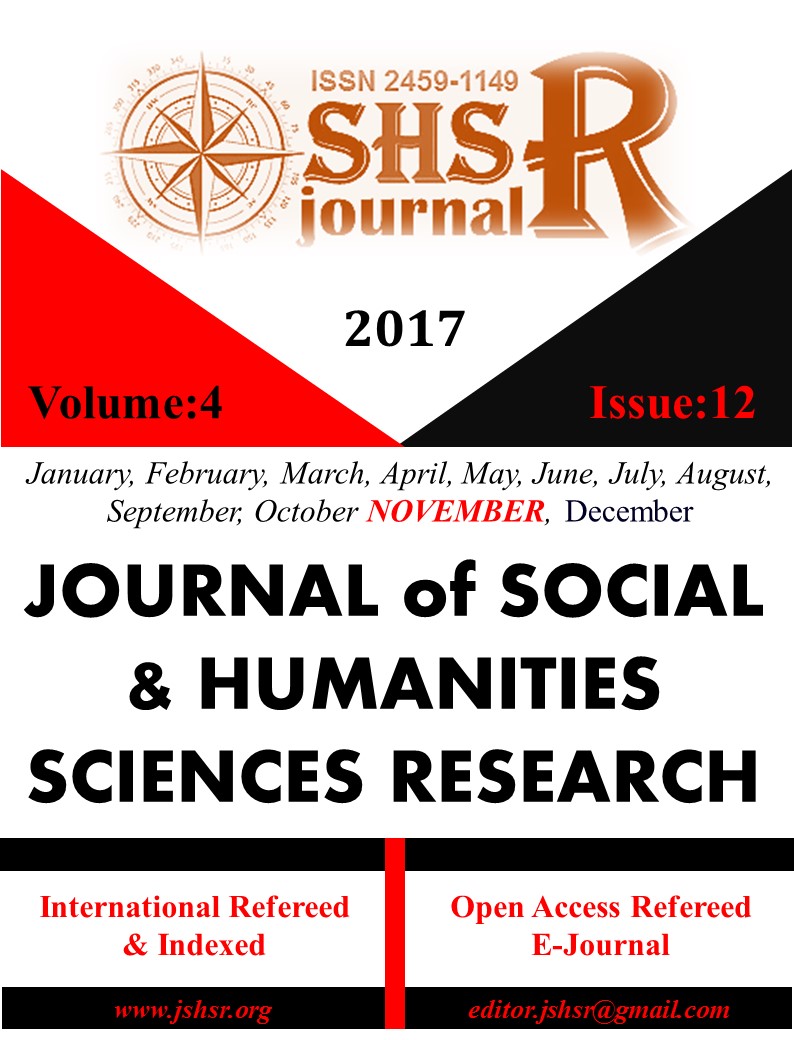CONSUMPTION EXPENDITURE ANALYSIS OF STUDENTS AT BOZOK UNIVERSITY AND THEIR EFFECTS ON THE YOZGAT ECONOMY
DOI:
https://doi.org/10.26450/jshsr.199Keywords:
Yozgat, Bozok University, regional development, expenditures of studentsAbstract
Besides the known function of universities such as education, teaching and research; they have important contribution in terms of economic and social development of the region they located. Universities have important roles especially in regions which have undeveloped industrialization, insufficient commercial activities, economical actions mostly depend on agriculture and low population density. Not only the expenses of students and staff in institutes, faculties, colleges and vocational schools; but also infrastructure and superstructure investments for the development of university support the economic development of region. In this research, the contribution of expenditures of students and staff who are studying and working at Vocational School of Bozok University in Yozgat is investigated on city economy. For this purpose, survey questions were asked to students, to identify their expenses, demographic and socio-economic characteristics and student expectations. As a result of the study, it has been determined that the students monthly spend 633.47 TL during their stay in Yozgat. These expenditures can also be said to have made significant contributions to the Yozgat economy in terms of income and employment
Downloads
Published
How to Cite
Issue
Section
License
Copyright (c) 2017 INTERNATIONAL JOURNAL OF SOCIAL HUMANITIES SCIENCES RESEARCH

This work is licensed under a Creative Commons Attribution 4.0 International License.


